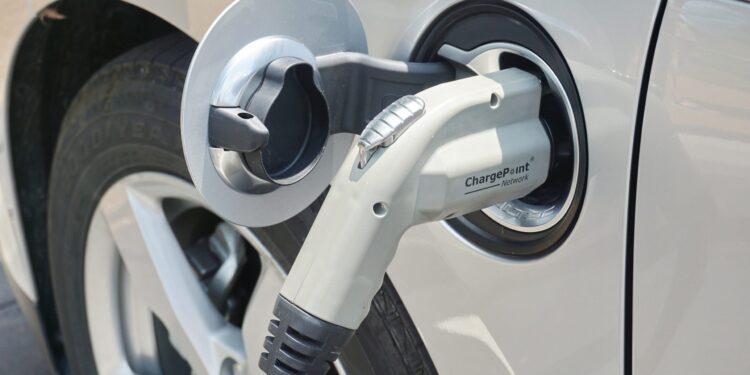As experts predict unprecedented changes in the automotive industry, Kenya stands at the cusp of a transformative era in car ecology. With over 1.37 billion cars worldwide and counting, the environmental impact of these vehicles is a global concern. However, innovative ideas and technological advancements are paving the way for Kenya’s cars to become unexpected heroes in the fight against climate change.
Global Trends and Kenya’s Roadmap
Estimates project a surge in the global car count to 2 billion by 2040, emphasizing the urgency to address carbon dioxide emissions. Like the rest of the world, Kenya is witnessing a paradigm shift in how cars are perceived and utilized.
Numerous ideas are being explored, from hyper-efficient flying cars to hydrogen fuel cells. Yet, the most promising solutions lie in adopting electric and driverless cars, expected to grace Kenyan roads by 2030.
Unleashing the Potential of Cars in Climate Action
In the third issue of the Imagine newsletter, academic experts shed light on how cars, if powered by renewables, could emerge as key players in mitigating climate change. From China to the Caribbean, initiatives worldwide are redefining the role of cars, envisioning them as a potent force in reducing greenhouse gas emissions and managing climate challenges.
Electrification, Automation, and Connectivity
Electrification: The Rise of Electric Vehicles (EVs) in Kenya
Kenya is poised to embrace a greener future with the electrification of cars. Currently constituting a mere 2% of the global market, fully electric vehicles are projected to surpass petrol cars in affordability by the mid-2020s. As prices drop, more Kenyan drivers will have access to sustainable alternatives, reducing reliance on polluting fossil fuels.
Automation: Shifting Gears to Driverless Technology
By 2030, cars are expected to transition from assisting drivers to assuming full control in most conditions. While rural drivers may retain ownership, urban centers in Kenya could witness a shift towards on-demand autonomous vehicles, reducing overall traffic and minimizing the number of cars on the roads.
Connectivity: Smart Solutions for Efficient Mobility
Connectivity is set to revolutionize cars’ operation, minimizing fuel consumption and optimizing traffic flow. Through the Internet of Things, cars synchronize movements, communicating with road infrastructure, pedestrians, and other vehicles. This interconnected ecosystem can create a more efficient and environmentally friendly transportation network in Kenya.
The Electric Car Revolution in Kenya: A Closer Look
Researcher Jack Barkenbus from Vanderbilt University’s Climate Change Research Network anticipates a swift transition from petroleum-fueled vehicles to electric ones. With China leading the charge and manufacturing more than half of the world’s EV batteries, Kenya is poised to benefit from this global shift towards sustainable transportation.
Lessons from Kenyan Cities
As cities globally account for a significant portion of energy use and carbon emissions, urban planning becomes pivotal in shaping a sustainable future. Researchers from the University of Sheffield and the University of Manchester suggest reducing reliance on cars without inconveniencing city dwellers.
Navigating Kenya’s Green Road Ahead
As Kenya navigates the road toward sustainable transportation, the convergence of electric, autonomous, and connected technologies paints a promising picture. From reshaping urban landscapes to embracing electric vehicles, Kenya has the opportunity to lead the charge in sustainable car ecology, setting an example for the continent and beyond.
Original Article: https://theconversation.com/cars-of-the-future-that-will-help-fight-climate-change-imagine-newsletter-3-118289




